With our lives today becoming more and more online, you might have come across internet terms such as non-fungible tokens (NFTs) and Web3. But what is Web3, and why is it becoming one of the most controversial topics on the internet today?
Web3 promises to decentralize the internet with the inclusion of blockchain. This takes away the power from the large companies that have hounded the internet for several years now.
How will it affect the way we use the internet today? Get to know what Web3 is all about, find out what its advantages are, and learn how it came to be with my article below.
- Understanding the Term Behind Web3
- The Evolution of Web3
- How the Internet Took Control
- The Many Characteristics of Web3 That Everyone Should Know
- Some Good Examples of Web3 Used Effectively Today
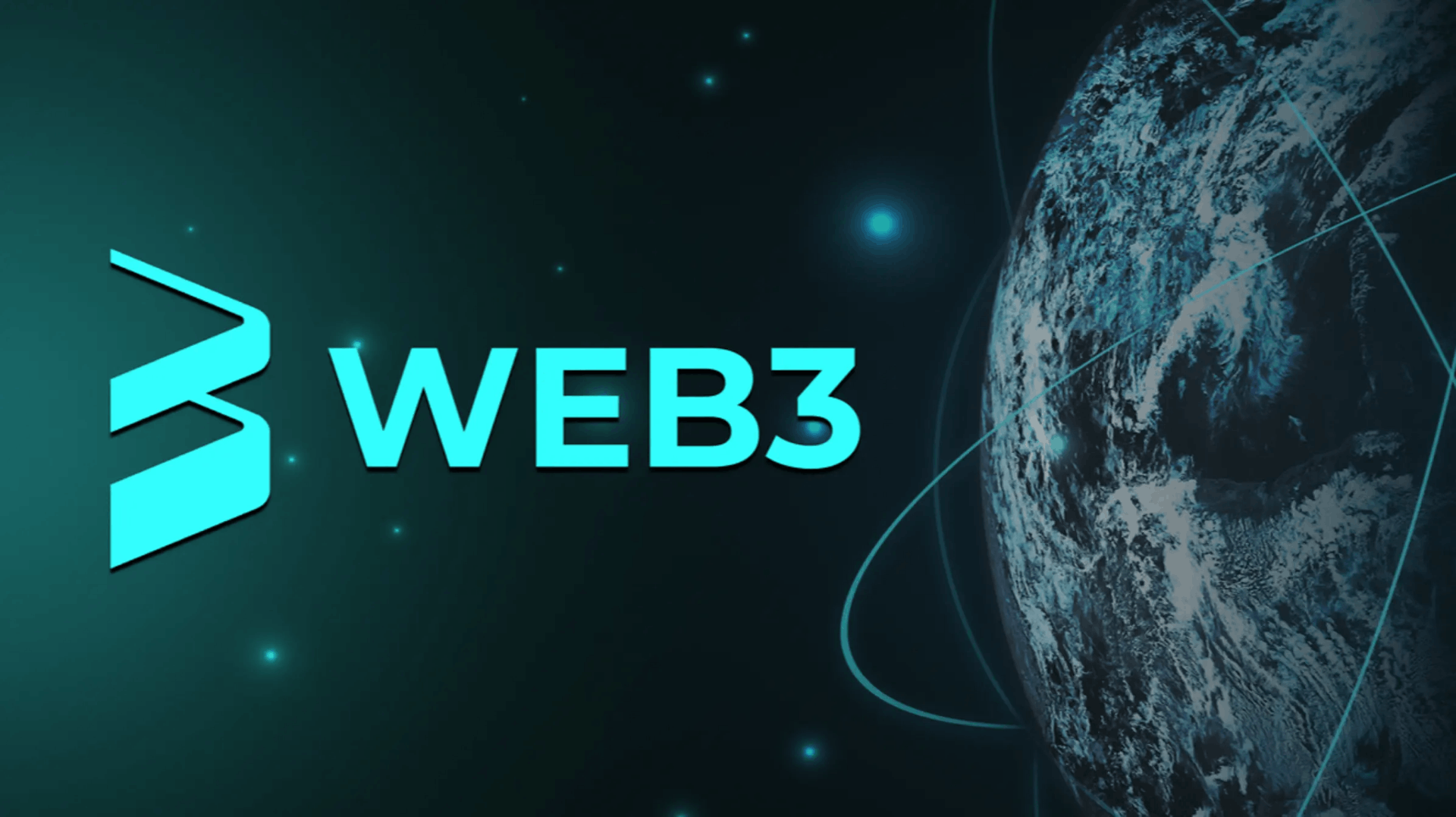
Understanding the Term behind Web3
Web3 is an umbrella term that was coined by Gavin Wood, one of the co-founders of Ethereum cryptocurrency. It is a term used for anything that pertains to the use of the internet for the next generation that is a decentralized digital infrastructure.
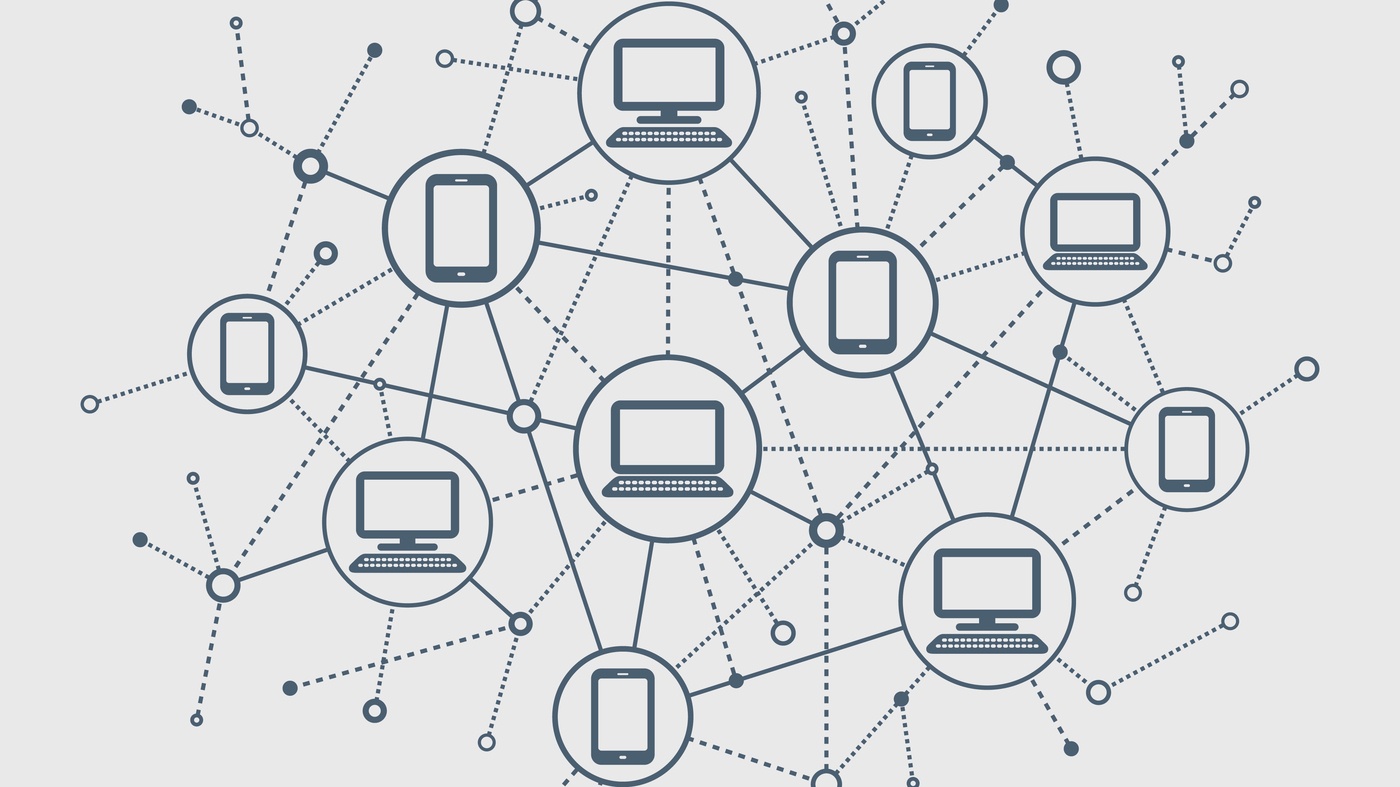
The internet is generally run by major companies; thus, these companies control what we see and how they want us to see it. Web3 is about to change all of that. Now we have the technology to finally have free reign over the internet.
The technology behind Web3 uses blockchains that are commonly used in cryptocurrencies such as Bitcoin and Ether.
Web3’s target is to make the internet free to use for all without the shackles of large companies. It is mostly defined as the technology that will allow users and builders to have full control over the use of the internet.
Changing the World Through the Internet
Before Web3 was developed, we lived in a world where the internet was controlled by conglomerates that prioritized their business above everyone else. By decentralizing social networks, Web3 allows users to fully take control of how they use and even build the internet.
Many internet users through Web3 will get the chance to buy and sell over the digital world through NFT. The introduction of NFT and play-to-earn games has slowly changed the way we use the internet.
There is a reason why these large companies are apprehensive of Web3 as they slowly lose their grip over the online world. I think it is time for Web3 to finally change the world through the internet.
The Evolution of Web3
The internet has evolved throughout the years. Many of the things that we enjoy today when we use the internet didn’t happen overnight. It took decades to create the different apps that we frequently use today.
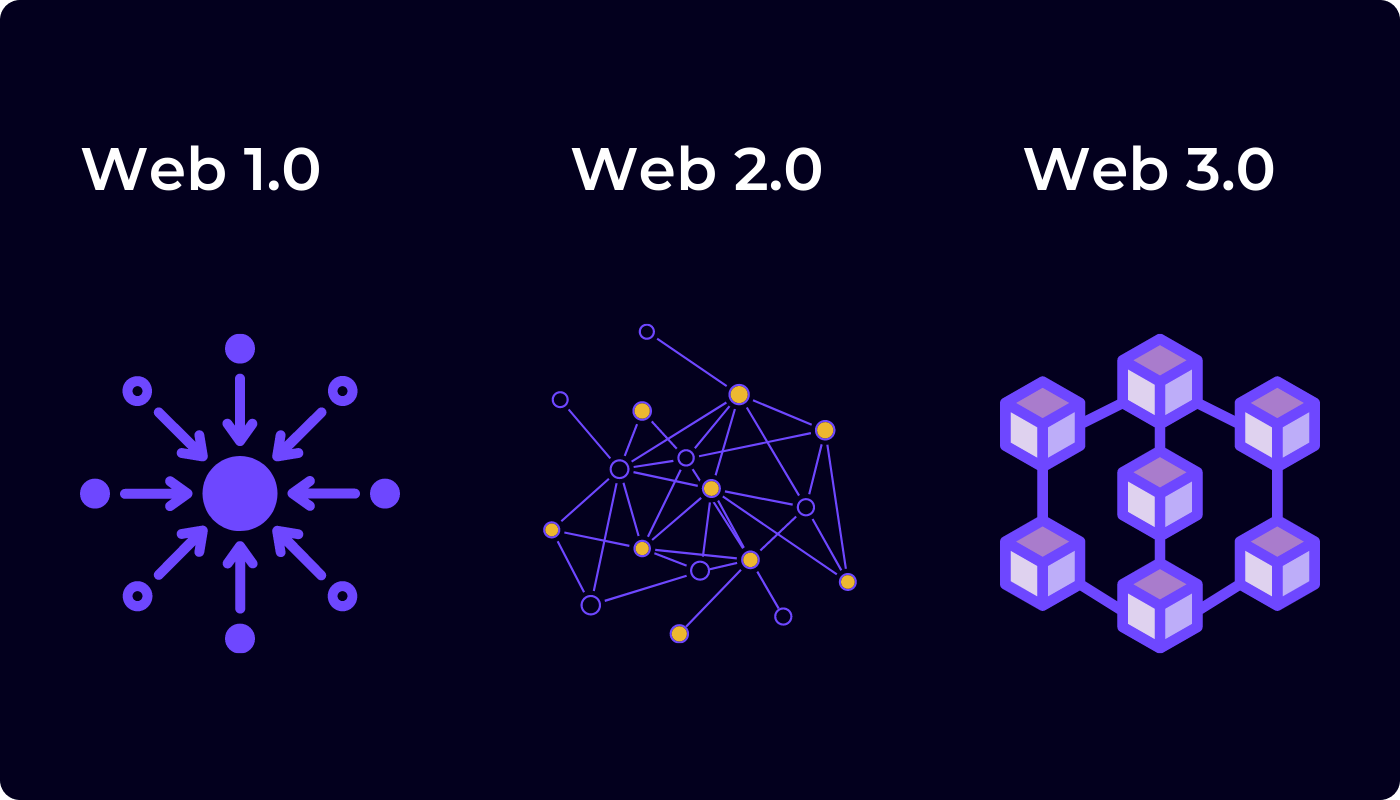
Web 1.0 was the first version of the internet. Many of the users at the time were developers and content consumers. It was a tough industry to break through if you didn’t know anything about the internet.
Considered the read-only web, Web 1.0 started around 1991 and ended in 2004. I still remember that most of the content during this time was predominantly being read like a newspaper.
The Simplicity of Web2
While Web 1.0 was already popular in the early 2000s, it wasn’t until around 2005 that the internet suddenly changed and became the digital world that we know today. Most of us have experienced the birth of Web2, which is what we’re using today.
In the world of Web2, you don’t have to be an expert developer or study computer science to participate in the process of creating content. There are a lot of apps and software that help us create our content to be published online.
Web2 has allowed us to create different content and share it by simply uploading videos or sharing our thoughts through social media. Web2’s simplicity makes it a unique version of the internet.
How the Internet Took Control
The internet is a place where you need to be innovative to stand out. This is why apps like Instagram, YouTube, Google, and Facebook thrived during the Web2 era of the internet.
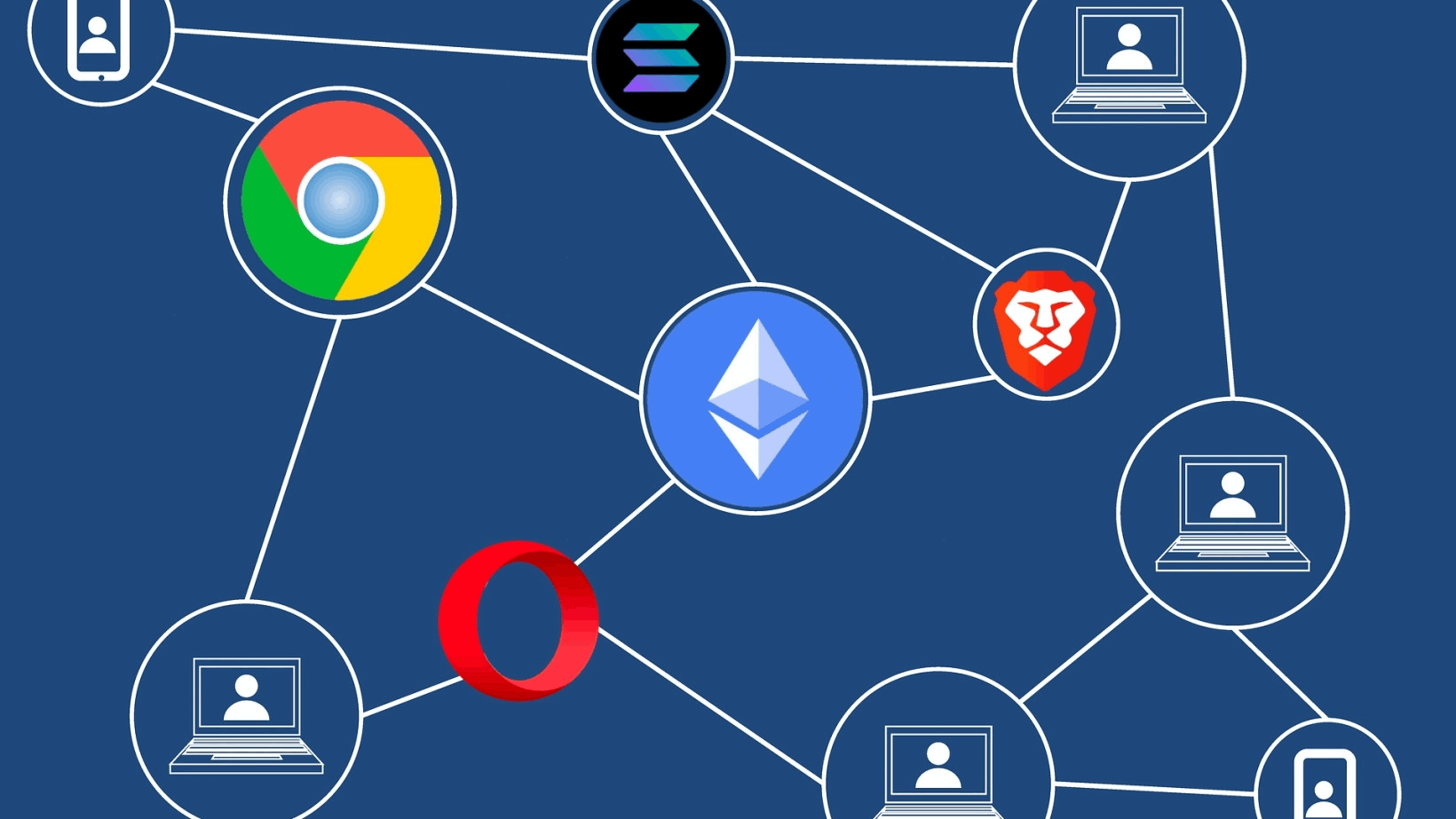
The best part about this is that they were able to take full control of their property together with their users.
In this era, companies launch an app and help users get on board as fast as possible. They then introduce many other features that are behind a paywall, thus helping them earn money. Many of these apps control the way we use the internet through algorithms.
They only show us certain things based on our habits when using their apps. This has led to many different discussions about our security and safety when using the internet. These companies can track our every movement on the internet and have taken control over what we see.
Leveling the Playing Field with Web3
You may have heard countless times about apps having data breaches and security issues. I’m here to tell you that in Web2, you don’t have full control over how your data is being processed. Many companies save your data without your knowledge and worse, without your consent.
These companies take advantage of their users, and it can be used against you. This is why it has become an issue for many of us who want to have true security.
This is one of the reasons why Web3 is being pushed; to allow users to finally have the freedom that they want. Web3 is aiming to solve many of the issues discovered in Web2 by changing the way we create and interact with these apps.
The Many Characteristics of Web3 That Everyone Should Know
You might be wondering now why there is a lot of talk about bringing Web3 to the forefront today. That’s because Web3 has a lot of good characteristics that can benefit everyone. For one, Web3 is verifiable and self-governing.
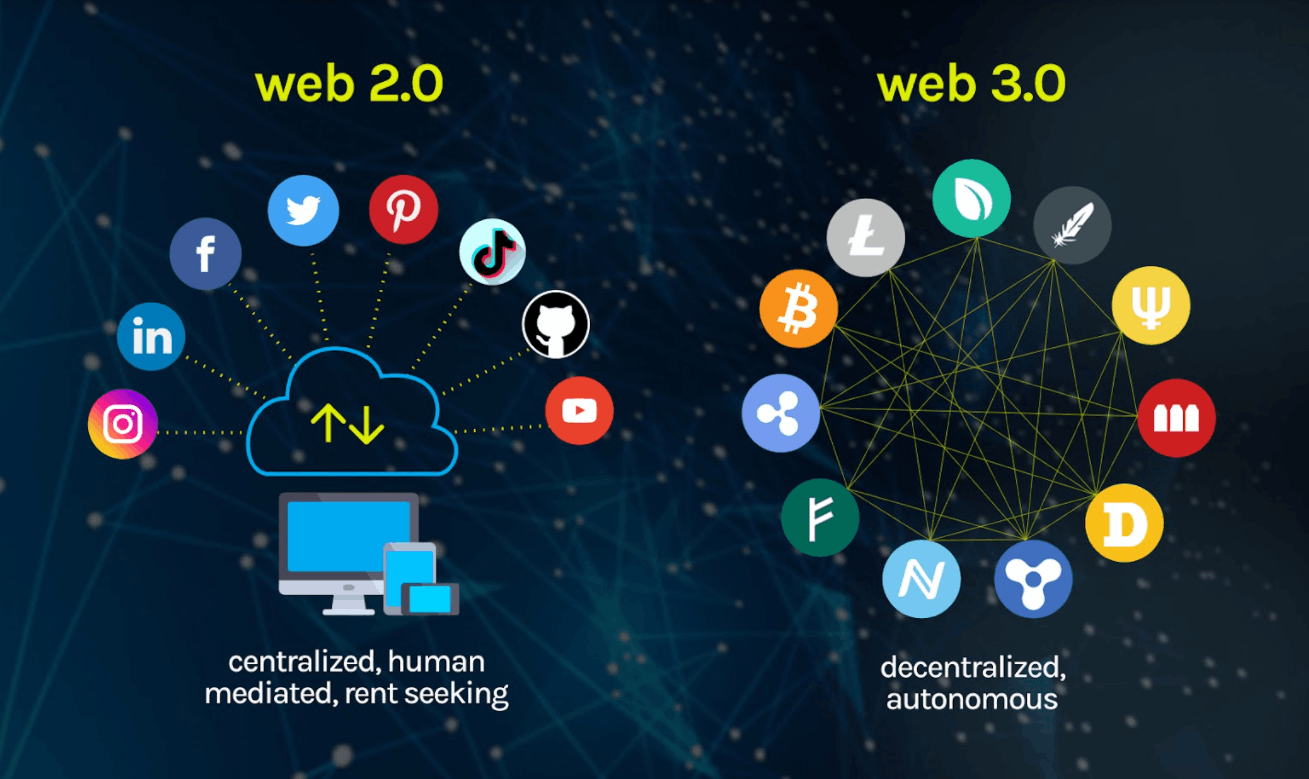
There is no one major conglomerate that will control the way you use the internet with Web3. It doesn’t require any form of permission for you to be on the web.
Web3 applications run on blockchains, decentralized networks or servers, and sometimes a combination of both. This allows us to achieve a stable and secure network which also incentivizes developers to improve the services even further.
Simply put, Web3 uses the idea that the data you input on the internet will be kept in decentralized storage and is spread across multiple servers. It is moved around the blockchain, making it very transparent, thus preventing many cases of abuse in the system.
The Downside of Using web3 Today
With all these benefits of using Web3, there are also downsides to it. One of the massive disadvantages of Web3 is the loss of anonymity. Since the entire system makes every transaction transparent or easily verifiable, secrecy is thrown out the window.
Many people will surely object to this type of system as there are always people who prefer to remain anonymous on the internet. The idea of having a decentralized network without the use of Google and many other platforms is very enticing.
However, one has to give up their idea of anonymity if they are to enjoy such benefits. While it is theoretical, and I’m sure someone will be able to make improvements to this system, it is still something worth looking into.
Some Good Examples of Web3 Used Effectively Today
One of the best examples of the use of Web3 today is a little game called Axie Infinity. The mobile game uses Ethereum-based cryptocurrency for players to start earning money by investing more time in the game.

Players get to breed creatures called Axies and use them to battle against each other.
The winning Axie gets to earn a digital currency called Smooth Love Potion, which can then be converted into real money. This has allowed users to create their income.
Another great app that uses Web3 is Helium. People use Helium to connect to the internet and are rewarded for doing so.
What’s in Store for the Future of Web3
The apps that I’ve mentioned above are just the beginning of the revolution that is Web3. We’re only scratching the surface of what Web3 can do for our society today.
The move to introduce Web3 drives us to become a tokenized society which many believe could be the future of the internet.
Conclusion
There are still so many things to learn about Web3 and how it can change the way we use the internet. But for now, it is still up in the air if people are ready to accept the changes brought upon by this new technology.
Having the freedom to use the internet while also making us verifiable and accountable makes it a very divisive topic to talk about. Hopefully, that will change in the near future.